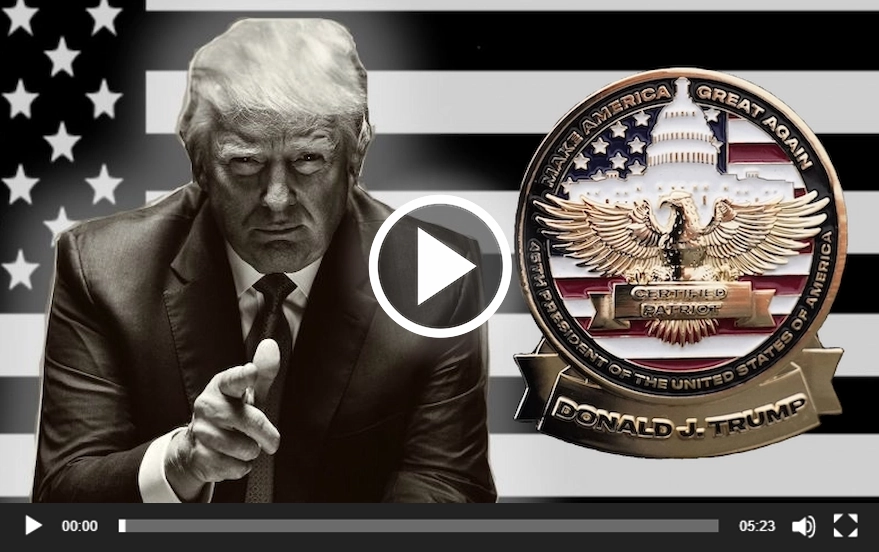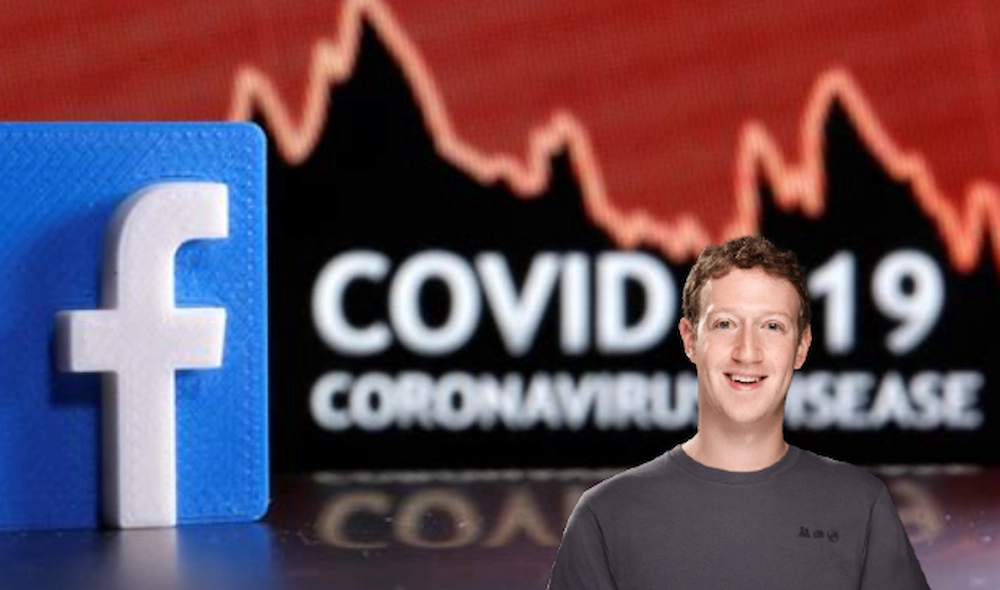In an interview that shook the digital world, CEO of Meta – formerly known as Facebook, Mark Zuckerberg spilled the beans, revealing an inconvenient truth. Facebook, a Meta-owned platform, had been actively censoring Covid-19 related information that turned out to be not just debatable but actually true.
For those unfamiliar with the revelation, the shocking disclosure came during Zuckerberg’s appearance on the ‘Lex Fridman Podcast,’ where the 39-year-old tech maestro admitted to a troubling trend of information suppression which, in turn, has cast a shadow over public trust.
With the world consumed by the fear of misinformation, this seemingly endless debate has become a thorny issue to handle. As Zuckerberg confessed, “Misinformation, I think, has been a really tricky one because there are things that are obviously false, right, or they may be factual but may not be harmful.”
But what happens when the supposedly harmful turns out to be beneficial, or the supposedly false turns out to be true?
Mark Zuckerberg says it was challenging to censor COVID misinformation because the scientific establishment was frequently wrong, which ultimately undermined public trust:
— KanekoaTheGreat (@KanekoaTheGreat) June 9, 2023
“Just take some of the stuff around COVID earlier in the pandemic where there were real health… pic.twitter.com/y0ZaX4kmCE
Let’s rewind to the early days of the pandemic, a period of terror, uncertainty, and confusion, when facts were elusive and rumors were rampant. The so-called health implications, the scientific assumptions that hadn’t been fully vetted, and the resulting misinformation which Facebook inadvertently promoted, had grave implications.
Zuckerberg reluctantly admitted that many so-called facts, backed by the scientific establishment, had not undergone the rigorous process of scrutiny that they warranted. Instead, these ‘facts’ were hastily deemed as harmful, and thus suppressed on Facebook. In a grim reflection, he confessed, “A lot of the kind of establishment on that, you know, kind of waffled on a bunch of facts and asked for a bunch of things to be censored that in retrospect, ended up being, you know, more debatable or true.”
The credibility of our information platforms teeters on the brink as such confessions surface. January of this year was marked by another stunning revelation about Facebook censoring valid content about Covid vaccines. A shockingly candid email exchange disclosed Facebook executives promising the White House to eliminate “often-true content” that, although not containing “actionable misinformation,” was somehow “discouraging vaccines.”

But the rabbit hole goes even deeper, as Mark Zuckerberg previously confessed to Joe Rogan that Facebook had also limited the spread of the Hunter Biden laptop story under the influence of the FBI, who warned of potential “Russian disinformation” aimed at jeopardizing Biden’s presidential campaign.
The New York Post’s article about leaked emails from Hunter Biden’s laptop, implying the then vice-president’s involvement in his son’s Ukraine business dealings, was restricted by Facebook and Twitter, sparking widespread allegations of censorship. Zuckerberg’s dismissive comment about the repercussions of erroneous censorship, “When we take down something that we’re not supposed to, that’s the worst,” falls flat in the face of such undeniable evidence of suppression.
The core issue here isn’t just censorship. It’s about the suppression of critical Covid-19 information that was indeed factual. Early information from Italian doctors and data from certain cruise ships indicated that the elderly, the obese, and those with other medical conditions were at higher risk – just like in every severe flu season.
Despite this, strict lockdowns, mandatory masks, and future vaccination were pushed by alarmist politicians, their well-compensated expert advisors, and the pharmaceutical industry. A focus on treating secondary infections in covid patients, which were the real killers, and promoting existing medications could have proven that mass vaccination was unnecessary.
Alas, we were told to isolate and wait for a vaccine instead.
Many think social media companies only censored “vaccine misinformation.” But a recently-released email shows Facebook reassuring the White House that they were censoring “often-true content” that “does not contain actionable misinformation” but was “discouraging vaccines.” pic.twitter.com/u2McUIviaM
— Michael Shellenberger (@shellenberger) January 11, 2023
Zuckerberg’s startling confession is a bell that can’t be unrung. It throws open the Pandora’s Box of dubious practices and uncovers the unsavory truth behind the digital wall of censorship. As we dissect the repercussions of Facebook’s egregious censorship and the subsequent impact on global health strategies, one thing is crystal clear – the suppression of debatable or factual information undermines the very core of public trust.
In the quest to filter misinformation, did Facebook and other tech titans overshoot their goal, becoming arbiters of truth instead of facilitators of free speech?
The revelations from Zuckerberg expose an alarming reality. Social media behemoths have become digital puppeteers, pulling the strings of information dissemination. They have not only controlled what you see but also shaped what you believe. Today, their reckless censorship stands as a harsh reminder of the twisted digital reality we live in, and a call to arms for change.
Will we continue to allow these puppeteers to control our worldview, or will we rise to demand freedom of speech?
Only time, and our collective actions, will tell.
Until then, stay vigilant, stay informed, and most crucially, question everything.
Facebook, Meta, or whatever it is called, it’s high time you are put in your place: You are a platform, not the arbiter of truth.
– End –





